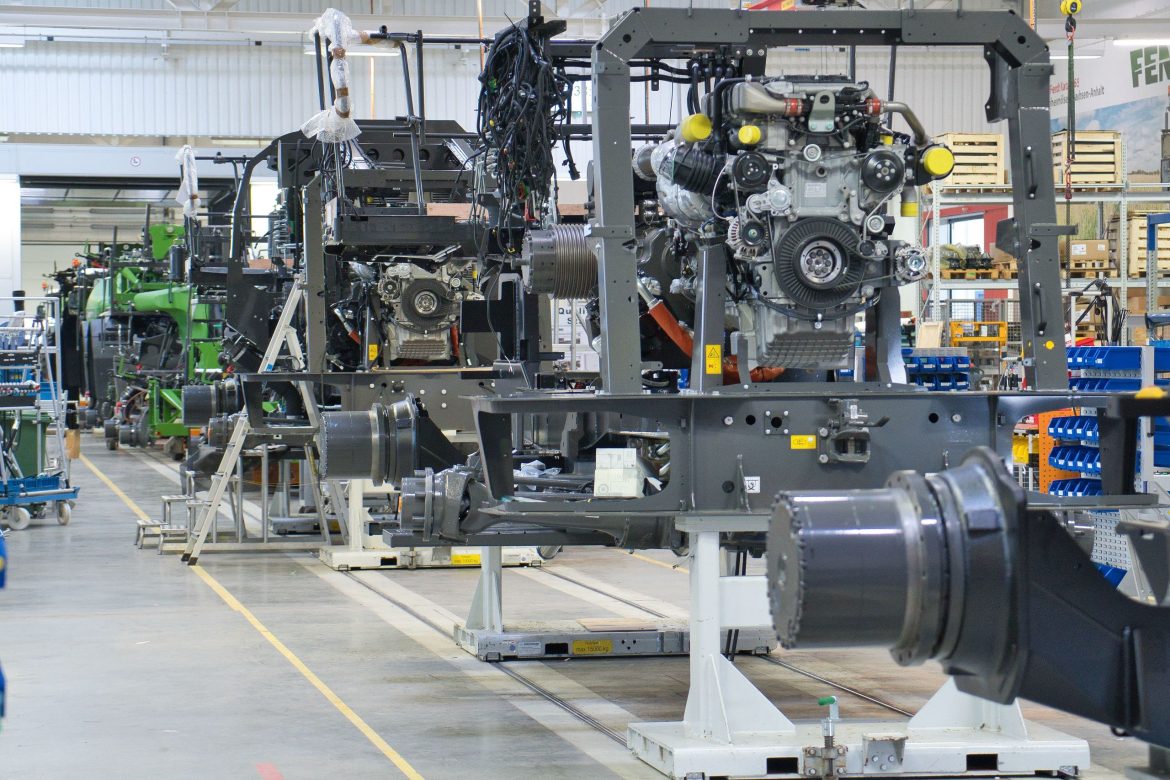During the Machinery Directive Working Group meeting held on 9-10 November 2020, the European Commission presented an indicative set of proposals for the revision of the Machinery Directive. These modifications are intended to transform the Machinery Directive into a new Regulation under New Legislative Framework.
The presentation stressed in particular:
New technologies: several proposals to cover protection against corruption of IT systems, consider artificial intelligence or machine learning, mobile autonomous machinery as well as collaborative robots.
Presumption of conformity: proposal to give the Commission the possibility to take actions to develop technical requirements through an implementing act, on the condition that there is no existing harmonised standard, and undue delays in standardization. The status – mandatory or optional – of the technical requirements is not clear. (this point needs further legal investigation and discussions).
Potential updates of the existing essential safety requirements:
Emissions of hazardous materials and substances: proposal to explicit requirements and to provide additional information.
Digital format for the Instruction handbook: the compromise proposed for the digital format is to provide a paper format of the essential instructions to put the machine into service.
Seating: proposal to prevent the vehicle from moving when the restraint system is not active.
Risk of contact with live overhead power lines: proposal to add requirements in relation with mobility.
High-risk machinery: proposal to review the list of machinery without clear criteria so far and to include machine embedding AI module ensuring a safety function. The list would be updated through a delegated act. Besides, the possibility to use internal inspection for high-risk machines is questioned.
The Commission informed that an Implementing Decision giving an update to the list of standards giving presumption of conformity should be published in January 2021.
EN ISO 4254-1/A1 “Agricultural machinery – General safety requirements”: French authorities confirmed their intent to launch a formal objection against the visibility clause if the text does not change.





